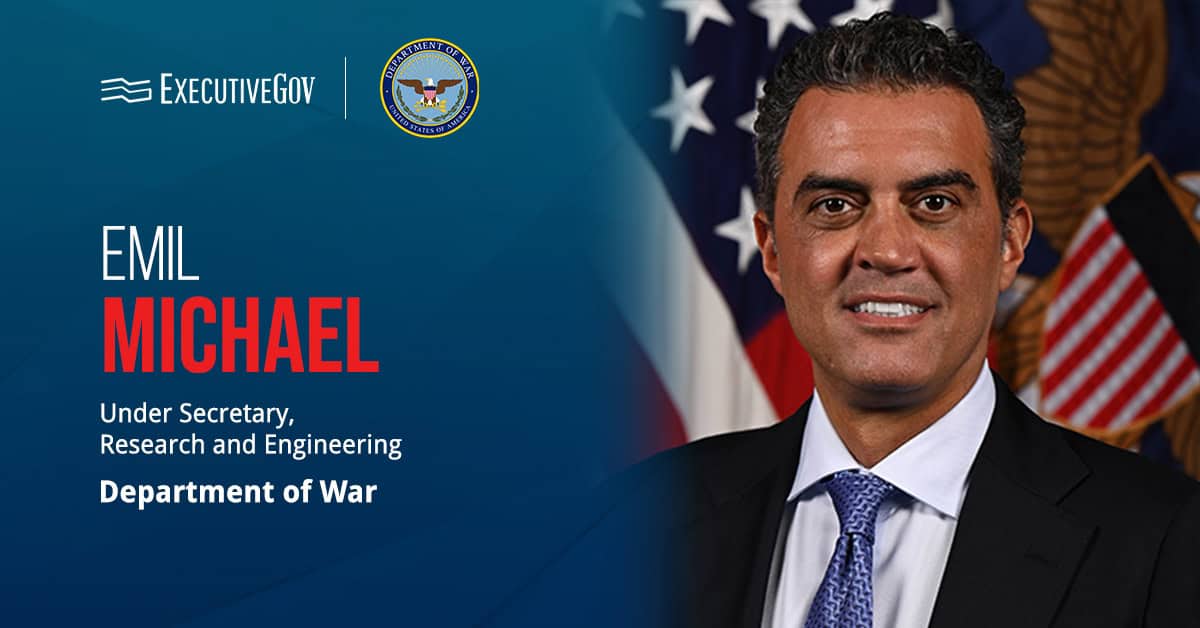
The U.S. Coast Guard plans to deploy small drones developed by Boeing’s Insitu subsidiary onto four more National Security Cutters by the end of 2019, Flight Global reported Wednesday. The Scan Eagle unmanned aerial vehicles will contain payloads including sensor systems, communications relay platforms and a laser pointer to support various USCG missions including search-and-rescue, ice-breaking and anti-drug trafficking.Â
Insitu staff will operate three UAVs for up to 200 hours every month as part of a contract with the service branch to support the deployment. The Coast Guard intends to field the Scan Eagles along with the NSC fleet once all of the ships have been built.





